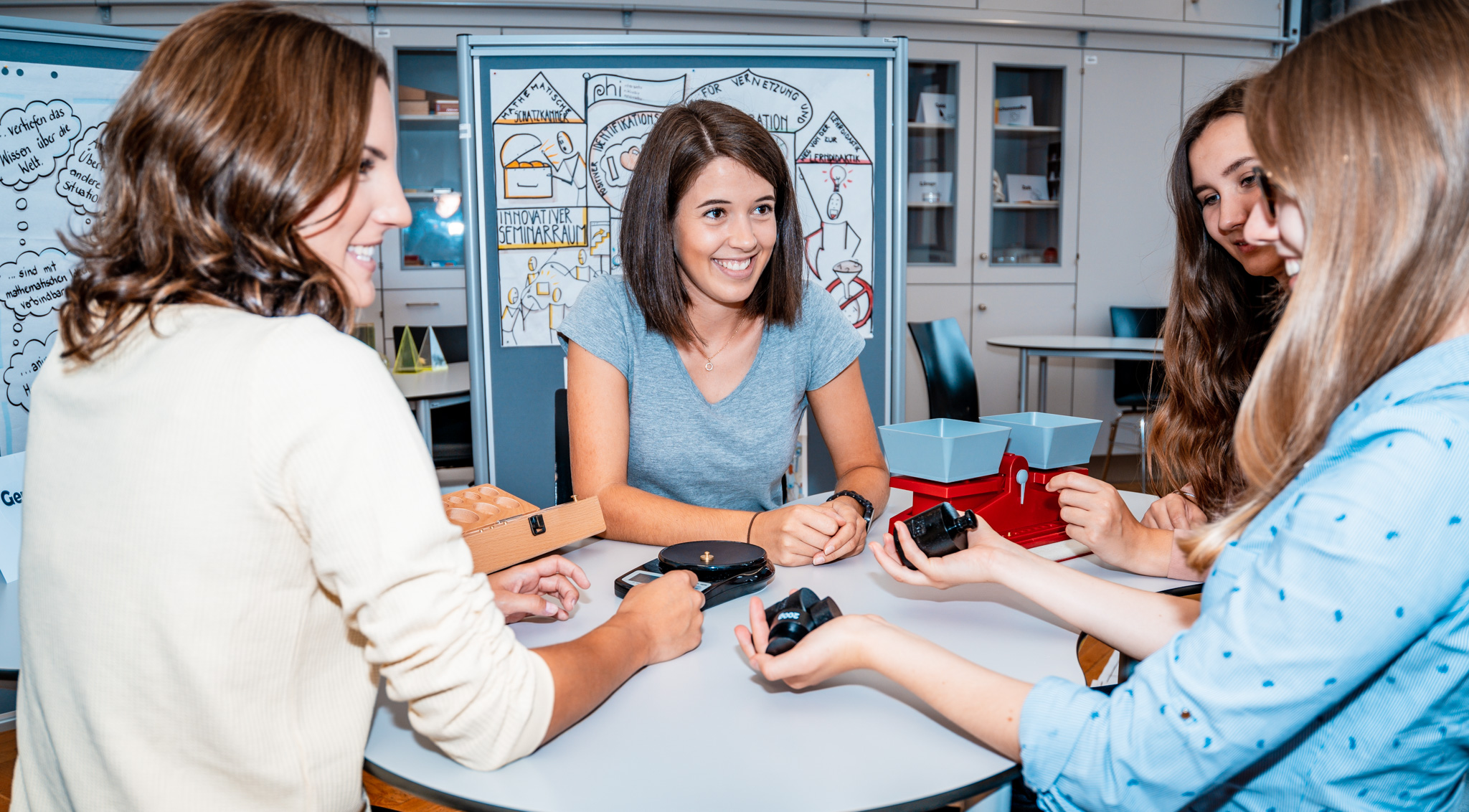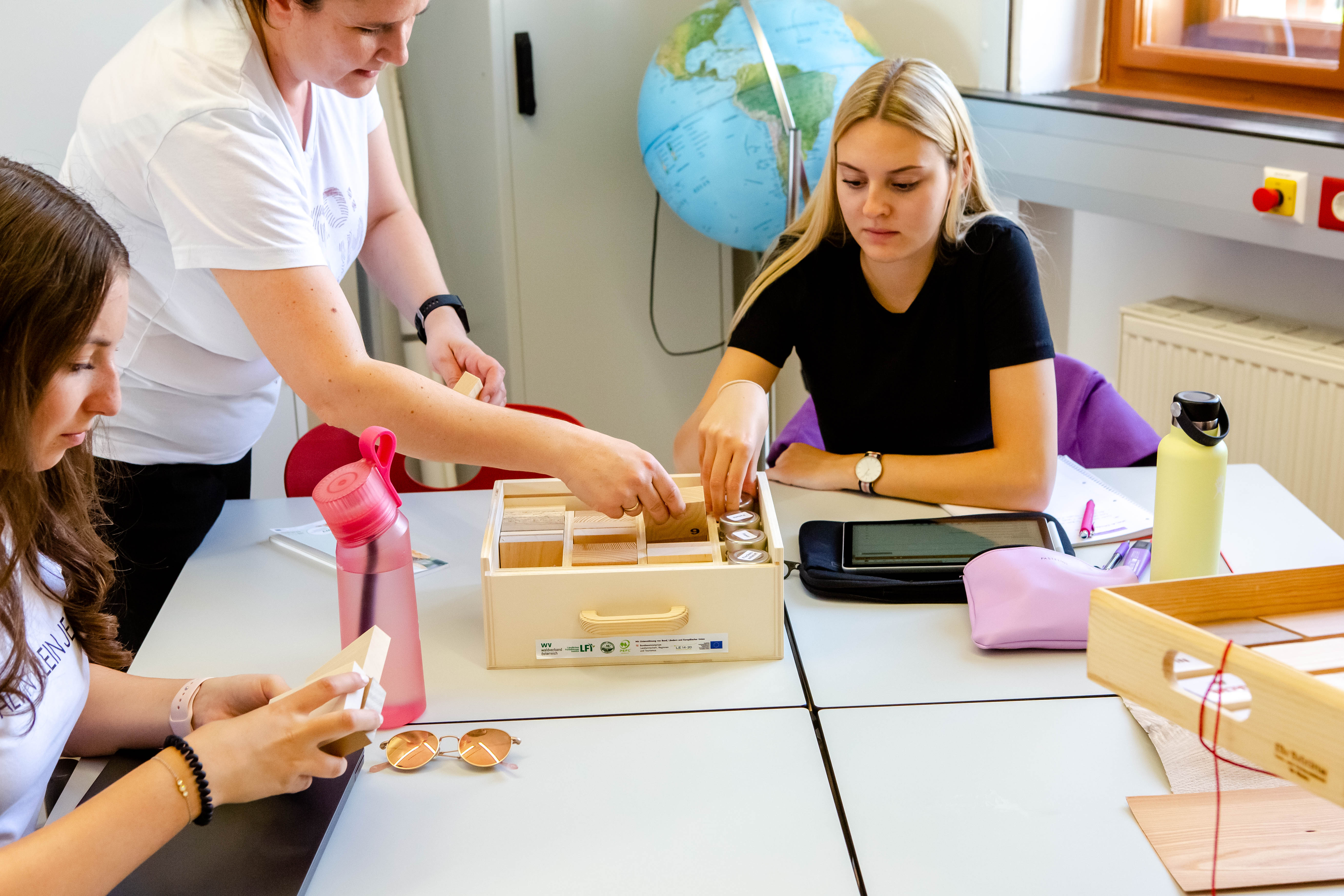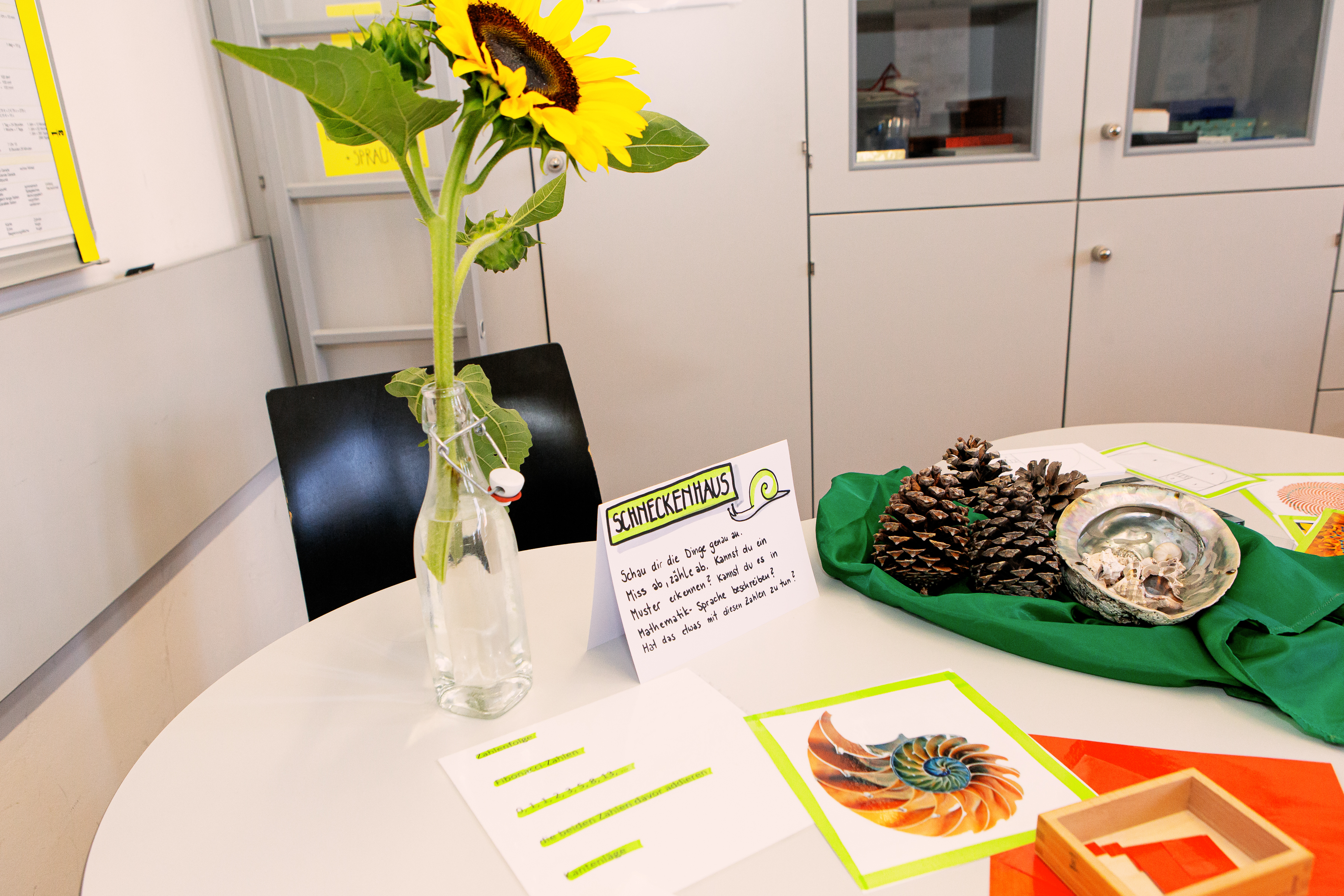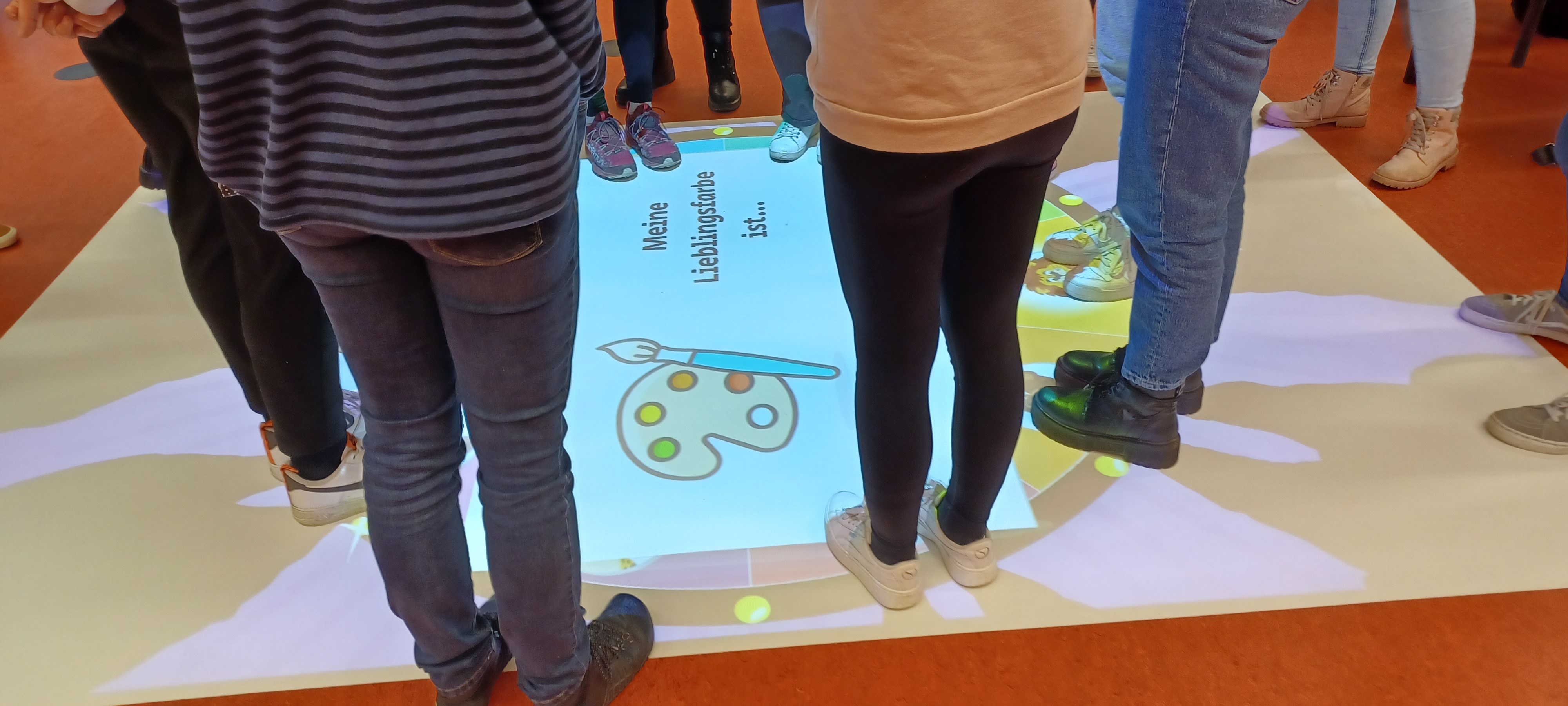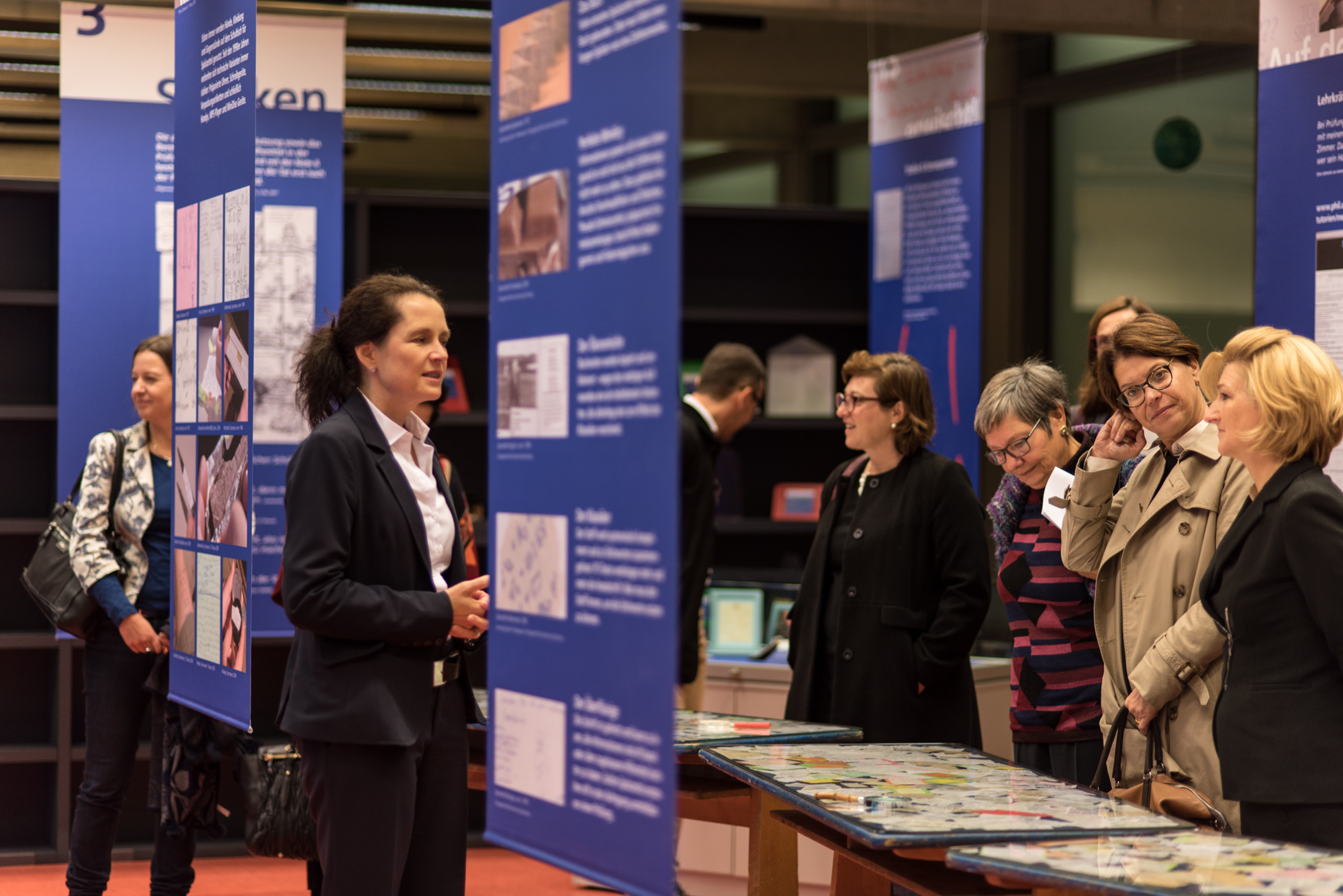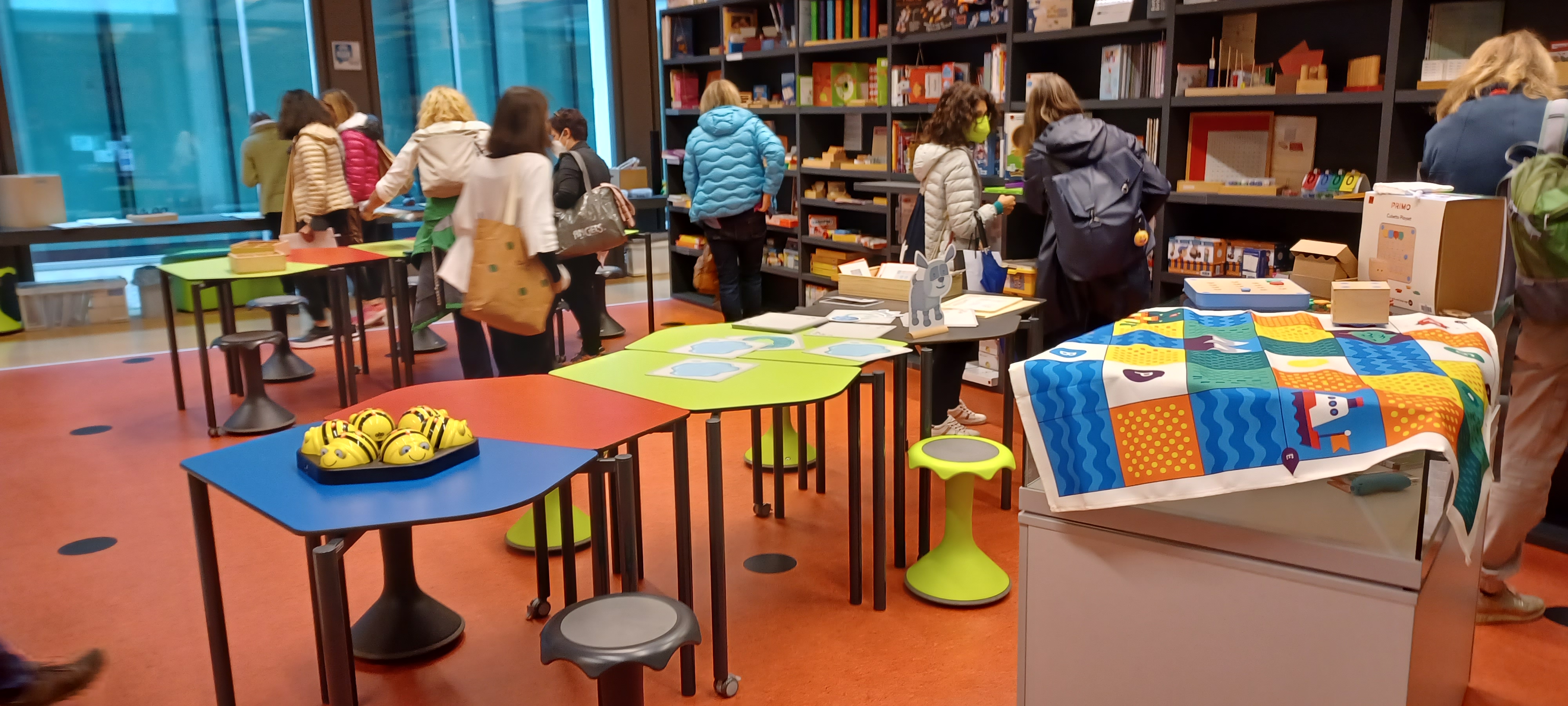- Start
- NeHle e.V.
- Hochschullernwerkstätten
- Tagungen
- Übersicht
- 2026 - Aufbruch
- 2025 - Halle
- 2024 - Graz
- 2023 - Trier
- 2022 - Frankfurt (digital)
- 2021 - Saarbrücken (digital)
- 2020 - Wien
- 2019 - Brixen
- 2018 - Erfurt
- 2017 - Bremen
- 2016 - Saarbrücken
- 2015 - Osnabrück
- 2014 - Berlin
- 2013 - Solothurn/Brugg
- 2012 - Siegen
- 2011 - Kassel
- 2010 - Linz
- 2009 - Halle
- 2008 - Berlin
- Literatur
- Kontakt
Research
Research in "Hochschullernwerkstätten" is essential for their conceptual development and also contributes to discussions in educational science and subject didactics. It is based on general principles of empirical social research, draws on its methodologies and methods, and also develops these further. Research is understood as the comprehensible process of gaining new insights, testing existing theories, developing innovative ideas and refining concepts. The scientific results are published and critically discussed. Research in "Hochschullernwerkstätten" has the function of producing fundamental insights on the one hand and contributing to the further development of concrete practice on the other. In line with Max Weber's postulate of value-free research, research can produce ‘no applicable intervention knowledge, but rather reflective knowledge’ (Böhme 2013, 739). Depending on the level of involvement in the field, as practitioners in their own educational field or from a more detached perspective without the pressure to act, Prengel distinguishes between scientific and practical research, because the ‘different objectives, scope of knowledge, professional identity and expertise have significant consequences.’ (Prengel 2013, 787) Both forms occur in the context of "Hochschullernwerkstätten". In this context, it is essential to transparently present the research objectives and the respective roles of those involved in the research process. In the future, the development of specific research approaches that are characterised by their proximity to "Lernwerkstattarbeit" could gain in importance, such as the participatory research approach of the "Forschende Lernwerkstatt" (Grell 2013), ethnographic practical research (Gruhn 2021) or narrative-descriptive research approaches to learning (Hoffmann & Herrmann 2024).
Lead author: Dietlinde Rumpf
Back to the definition of "Hochschullernwerkstatt"
© 2024 lernwerkstatt.info | Impressum | Datenschutzerklärung |



